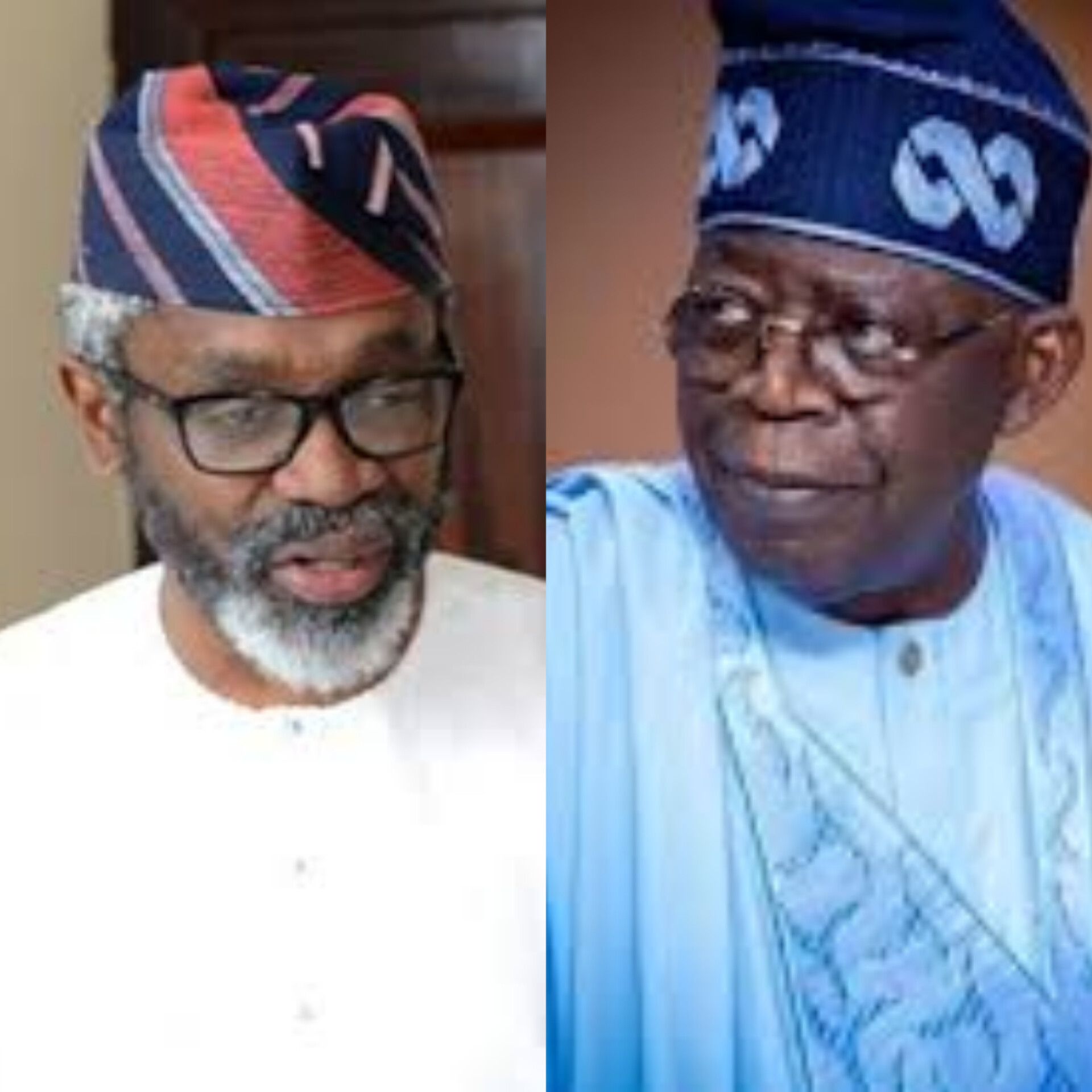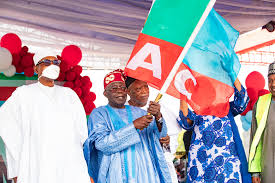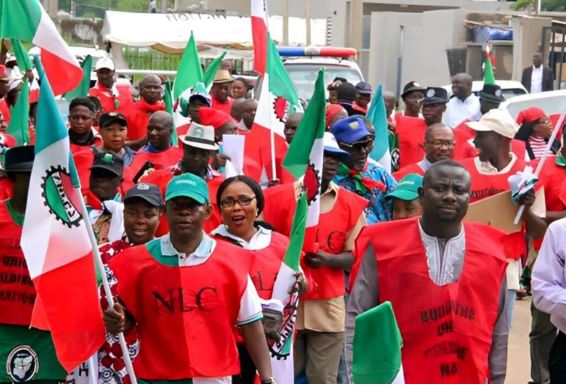By Emmanuel Danjuma
A few days ago, a pressure group in the House of Representatives, The Joint Task-10th Assembly unveiled its agenda ahead of the inauguration of the 10th National Assembly. The group led by the Chairman, Hon. Bello Kumo (APC, Gombe) and co-chairman, Hon. Kingsley Chinda (PDP, Rivers) has made its intention very clear to work with the ruling All Progressives Congress (APC) towards the emergence of a competent, responsive and nationally accepted leadership that will help the Executive in stabilizing the polity.
The inauguration of this coalition marks a watershed in the history of the parliaments because its aims and objectives are not self-serving nor targeted at undermining the majority or ruling party. The overriding interest of the group is Nigeria and its people.

At its inaugural meeting at the Transcorp Hilton Hotel in Abuja, Kumo said the essence of the Joint Task-10th Assembly “is to defend the sanctity of the Parliament, promote independence of the legislature, ensure fairness, equity and balance in the emergence of the leadership of the House among others.
He said they have set the ball rolling to ensure a smooth take off of the group, which is made up of members-elect from all the eight registered political parties that will populate the 10th National Assembly. They include the APC, Peoples Democratic Party (PDP), Labour Party (LP), New Nigeria Peoples Party (NNPP). All Progressive Grand Alliance (APGA), Social Democratic Party (SDP), African Democratic Congress (ADC) and Young Peoples Party (YPP).
According to Kumo, who is also the Chairman of the House committee on police affairs, “As you can see from our banner, the name of this coalition is ‘Joint Task -10th Assembly’. We are a multipartisan forum of the eight political parties that have won seats for the 10th House of Representatives.
“The Joint Task -10th Assembly seeks to among others promote independence of the legislature, inter dependence of the legislature and executive-legislation for good governance and grassroots impact, constituency outreach, equity and fairness in the emergence of the presiding and principal officers in line with best parliamentary practice”.
Continuing, Kumo noted that “Our driving force is Nigeria’s unity and stability of the 10th House of Representatives. In ensuring the above, we have resolved to go by the decision of the majority party, which is the APC, in deciding which zones produce the speaker and deputy speaker.
“We believe that the APC would do the right thing and once the zoning is done, we would decide on the next line of action, we would be guided by capacity, competence, experience and other leadership qualities…our message to Nigerians at point is that we are ready to work for the betterment of our country and the citizens. To achieve that, we have to work harmoniously with the executive arm, without compromising our independence”, he stated.
The chairman also emphasized that “However, as at today, we do not have any preferred aspirant for the office of speaker and deputy speaker. But we note that a number of our colleagues, all of whom are eminently qualified, have declared interest in the seat of speaker”
Also speaking, the secretary of the Joint Task-10th Assembly, Hon. Aliyu Madaki (NNPP, Kano) explained that the essence is to have a cordial working relationship with the executive. He assured that the 10th House is not going to be ‘rubber stamp’ but will do things according to the proceedings and rules of the parliament insisting that the House will be pro-Nigerian people.
The coalition parades an array of experienced, ranking and hardworking lawmakers, as well as brilliant, ambitious and tested fresh members-elect. Some of them include Chairman of the House committee on NDDC, Hon. Olubunmi Tunj-Ojo, Chairman of the House Services Committee, Hon. Wale Raji, chairman of the House committee on defence, Hon. Babajimi Benson, Hon. Lawan Shettima, Hon. Bello Kaoje, Hon. Isiaka Ibrahim, Hon. Unyime Idem, Hon. Nnaji Nnoli and Hon. Akeen Alabi among others.
This latest effort by the Joint Task- 10th Assembly is commendable and indeed worth emulating by other groups and caucuses that have emerged in the House and the parliament at large. Elections is over and is now is time for governance. The parliament, being a hub of the representatives of the people of Nigeria, we ought to be thinking about how best to move the nation forward instead of encouraging bickering among lawmakers and fanning embers of party differences, ethnic or religious sentiments and other divisive tendencies. All hands need to be on deck to rework Nigeria and repositioned it for the present and future generations. The initiators of this coalition are on the right path because what Nigeria needs now after one of the most hotly contested elections in recent times, is unity of purpose and effective collaboration to advance the cause of the poor Nigerian on the street.
For fairness and equity, we all have to encourage and support zoning of offices in the National Assembly; and if possible micro zone or adopt consensus candidates in order to douse the tension in the land. Democracy as we all agreed is “the government of the people by the people and for the people”. Therefore, it is good to give every component of this nation a sense of belonging in the scheme of things and the only way this could be achieved is through zoning and consensus. And if the parliament, leads by example, other Nigerians will follow suit. The president-elect, Asiwaju Bola Tinubu and the leadership of the APC should put heads together come out with an acceptable and workable zoning formula, while lawmakers-elect should support the process to aid the emergence of a leadership that can collaborate with the executive to lead Nigeria out of the woods.
It is a thing of joy that the Joint Task- 10th Assembly has decided to tow the line of “politics without bitterness”, (apology to late Aminu Kano). Those who are encouraging minority parties to vie for presiding positions in the House are not doing any good to our democracy because such a move is capable of igniting confusion and turbulence in the parliament, which may ultimately affect the cordial environment that the legislature needs to function. It is axiomatic that we are in a democracy and people are free to ventilate and express themselves but we must exercise this right with some measure of caution and responsibility so as not to heat up the system.
In order to develop our legislative democracy, the lawmakers must avoid negative and offensive opposition, which is averse to development and prone to avoidable conflicts between the executive and the legislature.
This time, therefore, calls for building bridges across political divides and not burning bridges for personal or political reasons. Nigeria should be placed above any other interest.
END




